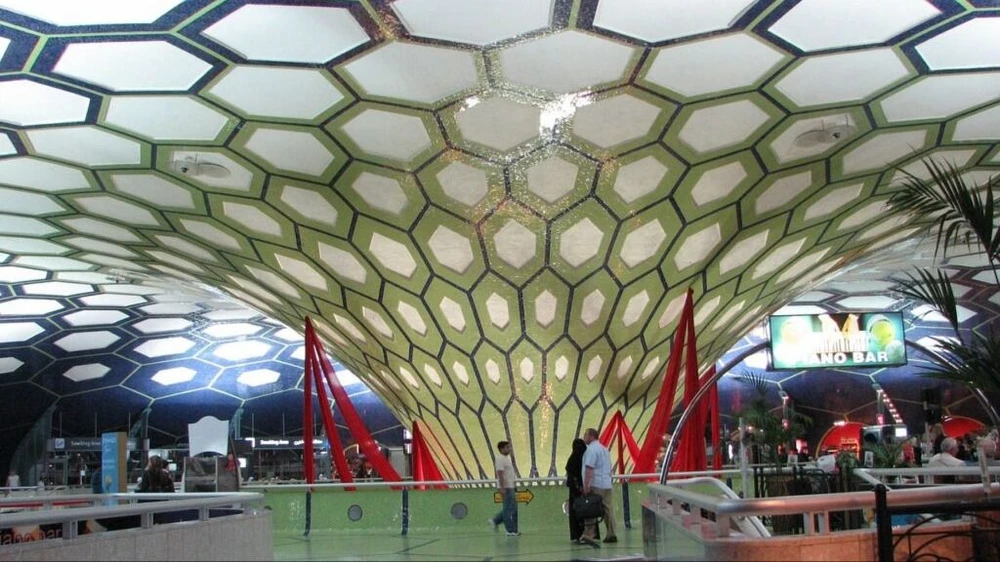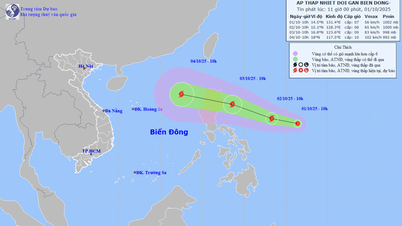Abu Dhabi Airport in the United Arab Emirates (UAE) is developing a Smart Travel Project, which includes deploying artificial intelligence (AI) biometric authentication at airport security checkpoints by 2025.

The project will use the UAE Federal Authority for Identity, Citizenship, Customs and Port Security database to “automatically authenticate travelers,” according to a statement from the local government. This will eliminate the registration process that passengers usually have to go through before flights.
Etihad Airways has implemented a biometric system that uses facial recognition technology before boarding and supports baggage delivery and passenger check-in. This means people will no longer need a boarding pass to board one of Etihad's planes.
The technology is also being rolled out to five other airlines at check-in counters and boarding gates. The new system is expected to reduce the time it takes to complete the entire ticket and travel document verification process from 25 seconds to just seven seconds at 25 biometric authentication points.
The smart travel project is not only about convenience, but also about increased security and operational efficiency. According to a statement from Abu Dhabi Airports, the project will improve airline efficiency by reducing the need for costly infrastructure expansion and effectively detecting fraud and counterfeiting of identification documents. While Abu Dhabi is leading the way in this groundbreaking travel experience, similar biometric technologies are being tested and deployed across Europe.
Italian authorities tested facial recognition technology called FaceBoarding in May at Milano Linate and Catania airports. Passengers use authentication points at the airport to present their documents and have their faces scanned. This allows them to use FaceBoarding at other checkpoints, making the security check and boarding process faster. SEA, the company that manages Italy's FaceBoarding system, said on the Milano-Linate airport website that those who opt in to Faceboarding will have their data processed "for the purpose of participating in the project."
Additionally, “the facial image is not stored but is only used to create the biometric template needed to pass through security checks and ultimately board the plane at the gate.” Individual airlines such as ITA Airways and Scandinavian Airlines have also signed up to use the system for their customers.
The EU is also preparing to roll out the Entry/Exit System (EES), an automated registration system for visitors from the UK and other non-EU countries. This will require visitors without long-term visas to have their faces and passports scanned at automated verification points as they cross EU borders. Visitors’ names, biometric information and entry/exit dates will be recorded and retained for up to three years after each trip.
For frequent international travelers on long-haul flights, new technology offers a significant shift toward a safer and more seamless travel experience. As biometric technology continues to evolve and become more widely adopted, the future of air travel promises to be faster, safer, and more efficient.
LAM DIEN
Source: https://www.sggp.org.vn/phat-trien-du-lich-nho-cong-nghe-post755830.html


![[Photo] Hanoi morning of October 1: Prolonged flooding, people wade to work](https://vphoto.vietnam.vn/thumb/1200x675/vietnam/resource/IMAGE/2025/10/1/189be28938e3493fa26b2938efa2059e)































![[Photo] Panorama of the cable-stayed bridge, the final bottleneck of the Ben Luc-Long Thanh expressway](https://vphoto.vietnam.vn/thumb/1200x675/vietnam/resource/IMAGE/2025/9/30/391fdf21025541d6b2f092e49a17243f)
![[Photo] President Luong Cuong receives President of the Cuban National Assembly Esteban Lazo Hernandez](https://vphoto.vietnam.vn/thumb/1200x675/vietnam/resource/IMAGE/2025/9/30/4d38932911c24f6ea1936252bd5427fa)






























































Comment (0)